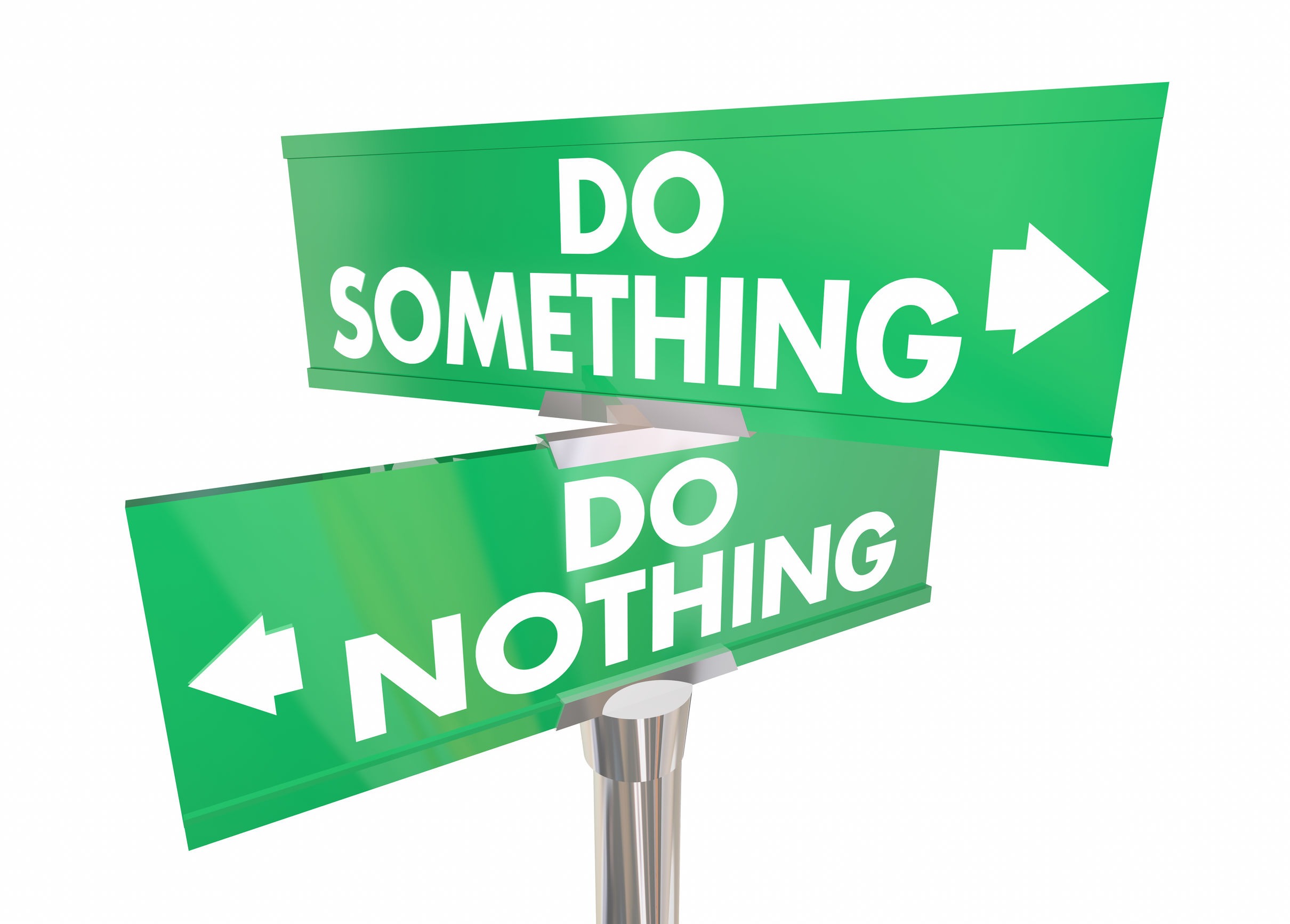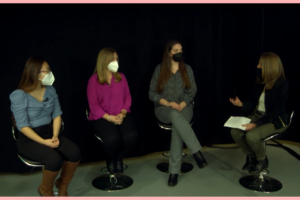How millennial and Gen Z PR pros can and must accelerate what’s right
For younger communicators looking to leave their mark on the industry, there’s plenty of good work to be done.

Generations exist on a continuum and there’s a large degree of variation within them. But together, Millennials and Zoomers—two similar yet very unique generations—have the power to change the world and our industry for the better by advancing the very essence of what diversity, equity and inclusion (DE&I) mean simply because of our foundational upbringing, the opportunities in front of us and the unique place we hold in society.
We are survivors of multiple crises that shaped our upbringings—the 9/11 terrorist attacks, school shootings, the recession of the late 2000s, vast political divides, a reckoning with racial justice and a worldwide health and economic crisis, among others. We’ve also seen multiple instances of heightened activism, including the creation and rise of the Black Lives Matter movement, the U.S. Supreme Court decision affirming the right to same-sex marriage, the Women’s March of 2017 and the 50th anniversary of the Stonewall riots. Both generations have also seen a Black man serve as president, and now a Black woman become vice president for the United States.
These generations have seen change in action, making us more resilient and increasing our tendency to be uncompromising in our values. As a result, we know that we—as a collective human race—can do more to better position future generations, and we have a responsibility to accelerate what’s right. Millennials and Zoomers will continue to push for change because we’ve been in the midst of change for the majority of our lives. We’ve seen it, we know it—and we can and should continue to demand it from anyone who resists it.
A global inflection point
In recent years, younger generations have considered social purpose a calling. Why? Partially our upbringing, but also due to changing demographics. For example, Generation Z marks the last generation in U.S. history where a majority of the population is white. These generations may focus less on a person’s race, religion or sexual orientation—in comparison to how our older counterparts might—because a diverse population is the norm. Instead, we care most about a person’s integrity and sincerity.
When George Floyd was killed in May of 2020, and corporate America (and much of the world) was reminded of the bigotry and hatred that persists within our society, there appeared to be an opening for major change. There were pledges, donations, investments and more programming to accelerate DE&I.
Yet, if we’ve learned anything, it’s that people want truth. They want genuine action and they want more than the status quo. Many people in positions of power view DE&I initiatives as an exercise for checking a box—“the world is demanding it, so we’ll give it to them.” But, as my colleague Charlene Wheeless frequently says, just because you have a seat at the table doesn’t mean you’re welcome there. Just because a company puts DEI initiatives in place, doesn’t mean everyone believes in it.
The power to create change
Additionally, the Gen Z consumer is on the rise. Zoomers currently earn $7 trillion across a population of 2.5 billion, and according to research by Bank of America, by 2030 that number will reach $33 trillion, representing 27% of the world’s income and surpassing millennial spending power by 2031. With a current buying power $140+ billion, Gen Z is the fastest-growing consumer segment with purchasing values top of mind and the clear motivation to act on them.
So when the majority of the living U.S. population becomes Millennials and Gen Z, and the largest portion of businesses stakeholder audiences are these two generations, what will the companies that didn’t embrace DE&I do?
These generations want to see real change, and we expect companies to establish and advance honest, meaningful stances on social and political issues. To get the job done, Millennials and Zoomers have embraced the role of change agents on a range of issues, and as the boardroom slowly moves to be more diverse, these two generations will increasingly become the key decision-makers.
This isn’t an argument about which generations cares more about society and progress—the question is who has the most power to drive change in the long term. It’s a challenge ripe for Millennials and Zoomers to take on, but it isn’t a lone endeavor. This is a moment for generations to converge in the name of progress and with an heir of dignity.
So where do we go next? What do we—Millennials and Zoomers—do?
We CONVENE;
We EDUCATE;
We ENGAGE in dialogue;
We HOLD others accountable;
We PUSH for meaningful progress; and
We HOPE that we’re successful in our endeavors.
Dominique Scott is a senior consultant for APCO Worldwide.







APCO is among the world’s most successful PR firms at winning recognition for a client in Washington that what the client is trying to do is very “right” for Americans. Easy it’s not because doing this requires TWO successes:
.1. Success in seeing and saying why our country is better off thanks to what the client is doing.
.2. Success in getting the client to actually DO it. APCO like other great PR firms counsels high-powered corporate and national leaders who are accustomed to doing what they want which may not be what a great PR firm is counseling. A client’s CEO may pay big money for PR guidance, sometimes seven figures, but then figure “Are THEY seriously telling ME what to do?”
A client’s tendency may be to focus and argue intensely on what critics are complaining about. Isn’t that, the complaining, the reason major companies and countries go to firms like APCO for advice? Yes it sometimes is but the public judges a client not only by the thing that activists are complaining about. The public judges a client based on “what’s in this for US, the public?” Look at a classic situation.
PUBLIC’S QUESTION: Why are you cutting down so many trees that the world needs?
A CEO’S POSSIBLE ANSWER: Because we own the land and the public needs lumber and we’re in the business so we cut down trees.
POSSIBLE APCO-QUALITY ANSWER: Actually we plant five times as many trees as we cut down, and some of the money we get for lumber is used for PROTECTING forests, rivers, air purity plus the health and incomes of Americans.
Other PR firms also know how to do this but it’s tempting to tell the big boss what he wants to hear rather than what he really needs to do.
Increasingly, good causes may get good support thanks to successful PR firms that guide clients to DO SOMETHING that not only quiets the activists but wins the public’s love. Minority causes are helped not only because they deserve it but in some cases because managements are guided to do something SOON so minorities and fair-minded non-minority people may think “thank God for these people and what they are doing.” If you get millions of Americans to thank God for what a client is doing, the client is less likely to be attacked and certainly less likely to be judged harshly by a grateful public.
The drug companies making anti-Covid vaccines are earning massive public gratitude. So are companies and countries supporting the hunt for anti-cancer vaccines at major research centers like Stanford University’s oncology team under venerable Dr. Ronald Levy (no relation to me) and the world-famous Memorial Sloan Kettering research team under the younger anti-cancer leader Dr. Andrew Zelenetz.
PR perils and PR protective measures are gaining increased corporate attention. “We are survivors of multiple crises that shaped our upbringing,” the above report points out, and “we’ve also seen multiple instances of heightened activism” plus “a reckoning with racial justice and a worldwide health and economic crisis.” It may be crucial for corporate PR protection to not only “do something” but to do what may get millions of Americans to literally pray for a client’s success.
Such prayers are being generated. So are PR programs that align with “racial justice and a worldwide health and economic crisis.” Temptation to “do nothing” is being replaced not only by “do something” but by “do something that brings massive public admiration and Washington’s gratitude.”